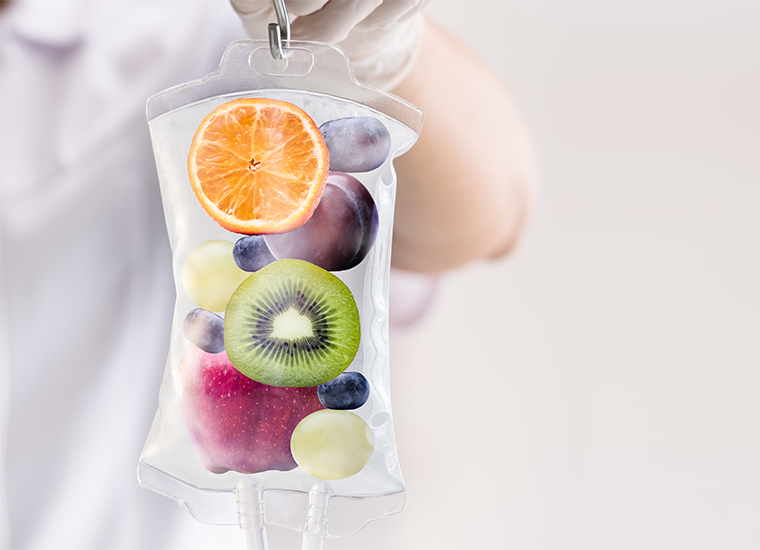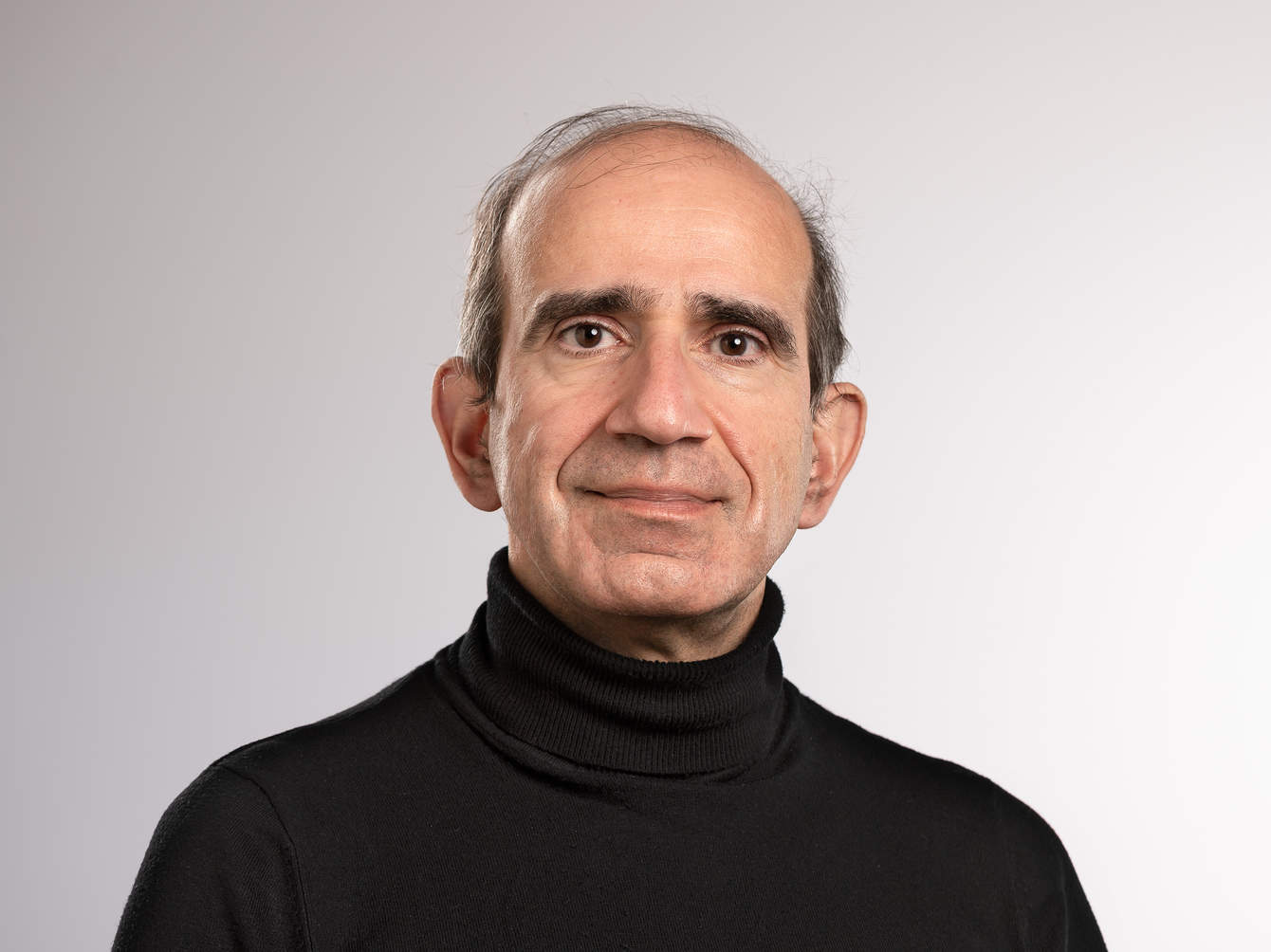
Injecting vitamins, a boost that’s not so innocuous
Publié il y a 10 mois
01.06.2025
Partager

Vitamin injections, intended to relieve the effects of a hangover quickly, increase energy during a period of physical or moral fatigue, or strengthen the immune system, have been popular for several years in the United States. Celebrities such as Madonna, Rihanna, and Kim Kardashian praised the merits of this “vitamin IV therapy”, contributing to itsspread.
This trend is also gaining popularity in Switzerland. From Geneva to Montreux, aesthetic clinics run by health professionals now offer injections of saline solutions infused with vitamins or minerals. They broadcast advertisements on social media aimed at a young and wealthy audience. These companies sometimes include in their prices, which range between 300 and 550 francs, the home nurse’s travel cost to set up the IV. Seven days a week, 24 hours a day, they administer the contents of these bags with pop colours and promising names (“recovery”, “immunity”, “anti-ageing”, etc.).
These attractive promises fail to convince Pedro Marques-Vidal, Professor at the Department of Internal Medicine at CHUV. “If you get a massive dose of vitamin B12 into the vein, only a tiny part will be absorbed by the bone marrow to make red blood cells. You’ll just urinate almost all of it.” This elimination mechanism makes the practice a priori harmless, except for people with kidney failure. “The very high dose of vitamin C in some solutions presents proven risks for kidney stone formation.” Furthermore, the researcher criticises the anti-hangover remedy because he thinks it is tantamount to inciting people to drink alcoholic beverages to excess.
Bypass digestive absorption
Companies that follow this practice promote the bypass of the intestinal barrier. By administering the product intravenously, instead of drinking it, the body would be more prone to absorb nutrients effectively. An argument that Pedro Marques-Vidal refutes. “This statement shows ignorance of vitamin metabolism. The main reservoir of vitamin B12 in the body is the liver, and vitamins B1 and B6 need to be activated in the liver by a process called phosphorylation. So "short-circuiting" the liver is precisely going against the natural metabolism of vitamins.”

The specialist finds the lack of a substantiated scientific basis to be particularly disturbing. “I find it ethically damaging to the profession that colleagues offer treatments that are not based on evidence.” The injections of vitamins wereadmittedly practised for a time in a hospital context. “At CHUV, we were interested in vitamin C infusions, especially in oncology. But this is no longer the case, because nothing came of the randomised studies.”
Placebo effect?
For Pedro Marques-Vidal, a placebo effect could explain the success of this trend. “You are injected with something, sometimes at home, in your privacy, so it must work. The price of the service could also play a role. Because if it’s expensive, then surely it must be effective.”



